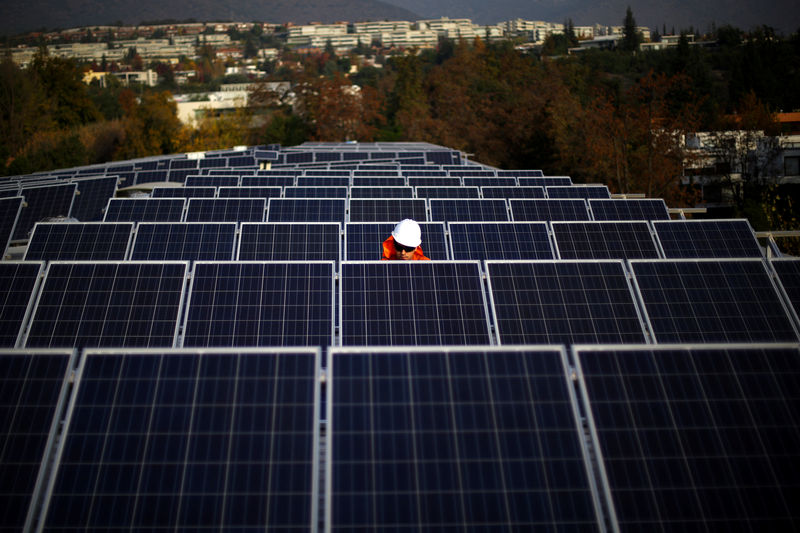TSX lower as gold rally takes a breather
Investing.com -- JPMorgan analysts say the passage of the “One Big Beautiful Bill" Act on July 4 has brought long-awaited clarity to U.S. clean energy policy, which could pave the way for renewed investor interest across the sector.
“After eight months of renewable energy policy uncertainty following the U.S. election and five (very) different published versions of a budget reconciliation bill, President Trump signed the OBBB on July 4,” JPMorgan wrote.
The bank emphasized that although the final incentives were trimmed compared to the Inflation Reduction Act (IRA), the result was “materially better than feared.”
JPMorgan expects the restoration of policy certainty to be a catalyst for investor sentiment.
“We expect sentiment to broadly improve and for generalist investors to revisit the space again,” the analysts said.
The note highlights that domestic manufacturing and utility-scale renewables emerged as relative winners in the final bill. Residential solar, while not prioritized, still “was certainly better than feared,” stated JPMorgan.
The bank also pointed to enhanced incentives for baseload power generation.
“Baseload power generation including geothermal and nuclear received additional incentives compared to the IRA,” the note stated.
Additionally, the bank explained that fuel cells regained eligibility for the 48E tax credit, and BESS had credit timelines preserved, though now subject to foreign entity of concern (FEOC) restrictions.
“Transferability was largely unchanged,” analysts added, referring to the ability to sell or transfer tax credits, a key provision for financing clean energy projects.
Overall, JPMorgan believes the OBBB offers a foundation that could spur risk-taking in the sector again, especially as clean energy equities begin to reflect the improved policy backdrop.
